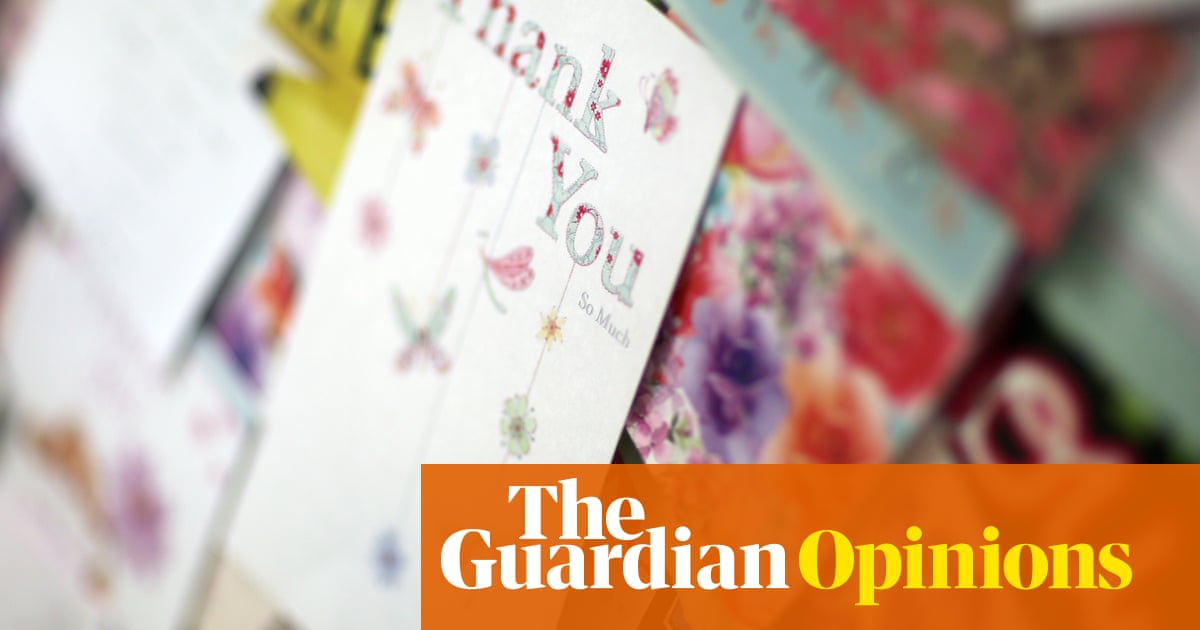On the day of the last general election, my mother rose at 5am to head to the polling station. With any kind of voting, she volunteers her days off from work to help out with the ballots. Although she can’t vote in this country.
My mother feels patriotic about her country of origin, Italy, but her home has been England for the past 15 years. She has a British partner, holds legal residence in the UK, and has been paying British taxes as long as she has been here. She never felt fully accepted by people in this country. She is often talked down to because of her accent, although her English is proficient. She also finds some difficulty with everyday things, such as worrying about being understood by her manager or applying for pension assistance – struggling with everything from British humour, to the country’s administration. And she still feels that, as an immigrant, she needs to prove something.
At first a teacher for young children, now a bus driver, she always did jobs that tied her to the local community, that had some sort of service element. She constantly feels that she must give back, and constantly tells me “you must always be grateful”.
She took to the most British of traits since arriving here, which is to be overly polite and say “thank you” for small favours. If someone at a public office asks her to repeat herself, because of her strong accent, she will still smile and thank them for their work.
Her time in England feels like a debt, a favour she has to return. No moment served as a greater reminder of this feeling than my eviction from a flat by my landlords. Although they threatened to throw a vase at my head, my mother’s words of advice were to “leave a thankyou gift”. It seems that her need to be more grateful than necessary may even eclipse her better judgment.
She never felt this way before we left our home country. This need she has to work harder than others, to do more, feel at odds with how people like her are treated. It’s easy for a daughter that’s fully integrated to misunderstand her mother’s devotion to her new country, but I see how out of place she feels in everyday life. Looking at her life, it is easy to feel resentful that she has to go so far to prove herself worthy of occupying space, when she already sufficiently contributes to a society that is lucky to have her.
In the past few years, she spent her days off working at the Red Cross, or determinedly marching from door to door in assistance of the 2021 government census. When people would shut the door in her face, she would effuse her dutiful sense of democratic appreciation for a country in which she is one of about five million people unable to vote because of their immigration status.
Her visits home to Italy have been increasing in the last few years. And although we have our fair share of hostility towards immigrants over there, theanti-immigration riotsseen last August across27 towns and citiesall over England and Northern Ireland brought sudden fear to the foreign-born community.
After the hate riots, she attended her first anti-racism protest. Afterwards, a colleague stopped talking to her in bigoted disagreement, but my mother still says hello with a smile. Although she perseveres with perennial gratitude, she has grown to better understand the British stance on her residence here – which broadens her perception of herself as a guest that must work for her stay.
Since Brexit, the rise of Reform UK and the continuous use of anti-immigrant rhetoric in news and politics spells out to people like my mother that they’re not wanted here. Just this week, the governmenttrailed the ideaof restricting visa applications from certain countries, and every time Keir Starmer announces an immigration policy it’s framed astoughor a“crack down”, speaking to the overarching national sentiment that immigrants aren’t welcome. According to aYouGov poll published last month, 70% of Britons think that immigration has been too high in the last 10 years.
The government’s use of demonising language towards migrants has been hurtful to people like my mother, especially since it is broadly unfounded. The Organisation for Economic Co-operation and Development (OECD) found that theUK experiences similar levels of migrationcompared to other high-income countries, such as France and the US.
I’m frightened of the increased prevalence of politicians such as Nigel Farage, and of Reform’s successes atlast week’s local electionsand theRuncorn and Helsbybyelection. It’s worrying that normalised extreme-right discourse is infusing government policy, building on the legacy of the Conservative party’shostile environment for immigrants.
People like my mother have started to leave the UK. The privilege of having an EU passport has seen many desert their adopted country after Brexit and its accompanying hostility. The Office for National Statistics (ONS) estimates that a net total of95,000 EU citizens left Britainin the year ending June 2024.
My mother has the privilege of having a backup plan, a safe country to return to, and a dream to live in peace there one day. She is still extremely grateful for everything that the UK has given her. This is the land of opportunity for many – and no matter how little recognition future governments will afford to people like her, my mother will still go down to the polling station to give back to her acquired home.
Gaia Neiman is a freelance journalist covering politics, migration, culture and travel
Do you have an opinion on the issues raised in this article? If you would like to submit a response of up to 300 words by email to be considered for publication in ourletterssection, pleaseclick here.
